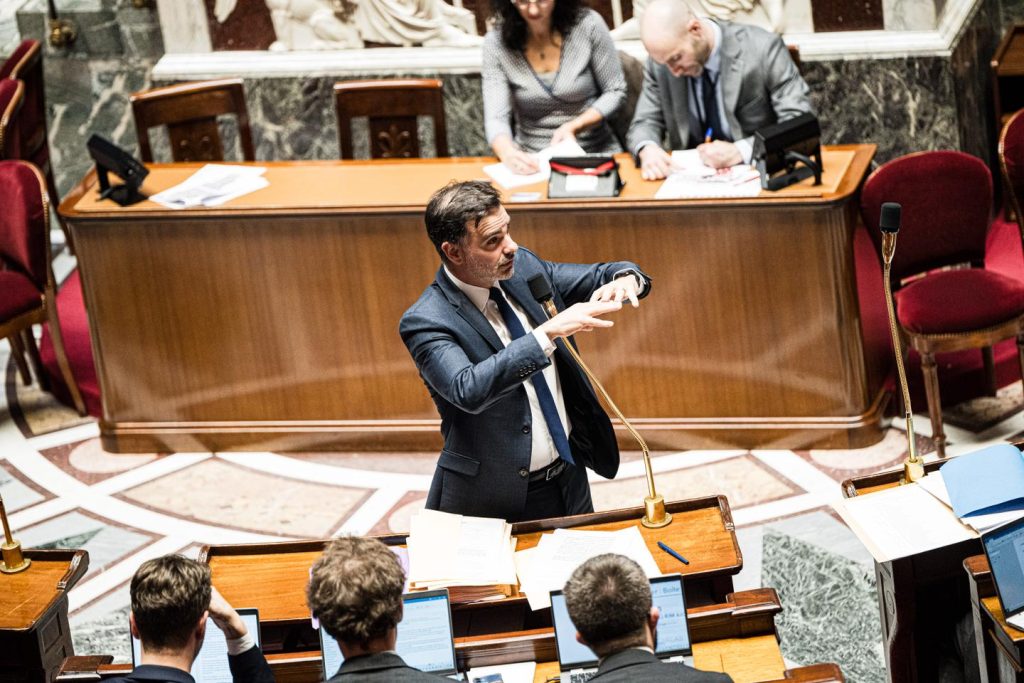The Minister in charge of the budget and public accounts, Laurent Saint-Martin, rejected the idea of bringing back the property tax, known as taxe d’habitation, which was phased out from 2018 to 2023. He stated that reopening the discussion on local taxation was legitimate, but he did not believe it should involve creating a new tax or reinstating the taxe d’habitation, as it had provided citizens with increased purchasing power. The tax brought in 23.4 billion euros in revenue in 2016, with 18.7 billion euros paid by taxpayers to local authorities.
Since President Emmanuel Macron implemented his promise to eliminate the taxe d’habitation on primary residences at the beginning of his first term, there has been discussion about potentially bringing it back. Many local officials have expressed regret over its disappearance, arguing that it was a mistake to remove it. The mayor of Salon-de-Provence, Nicolas Isnard, stated that everyone benefits from local infrastructure such as gymnasiums, stadiums, and schools, all of which come at a cost that citizens should contribute to. This sentiment was echoed by the Minister of Partnership with Territories, Catherine Vautrin, who emphasized the need for citizens to be more involved in supporting their community.
The idea of introducing a modern local taxation system has been under consideration since 2017. The President of the Senate, Gérard Larcher, suggested the need for a new form of local taxation in the absence of the taxe d’habitation. David Lisnard, President of the Association of Mayors of France and Mayor of Cannes, proposed the creation of a residential universal tax excluding the poorest individuals. Lisnard believes in a comprehensive reform to strengthen local policies and efficiency, aiming to reduce national taxation by improving local governance. This approach would encourage citizens to be more engaged in local spending and reduce the role of the state in public finances.
Despite the potential benefits of such a reform, David Lisnard expressed frustration with the current lack of flexibility within the government. He criticized the bureaucratic mindset and the state’s constant search for additional revenue through taxes. Lisnard highlighted the need to empower local officials and residents to enhance performance and productivity at the local level. The proposed universal residential tax aims to foster greater responsibility among citizens and encourage more efficient use of resources in order to reduce the overall tax burden imposed by the state.
In conclusion, the debate over the potential reintroduction of the taxe d’habitation highlights the broader discussion on local taxation reform in France. While some advocate for a return to the previous system, others emphasize the need for a more innovative and inclusive approach to local taxation. The ongoing discussions reflect a desire to improve citizen engagement, strengthen local governance, and reduce the reliance on central government funding. The complexity of the issue suggests that a comprehensive reform agenda is necessary to address the challenges and opportunities in the French tax system.


